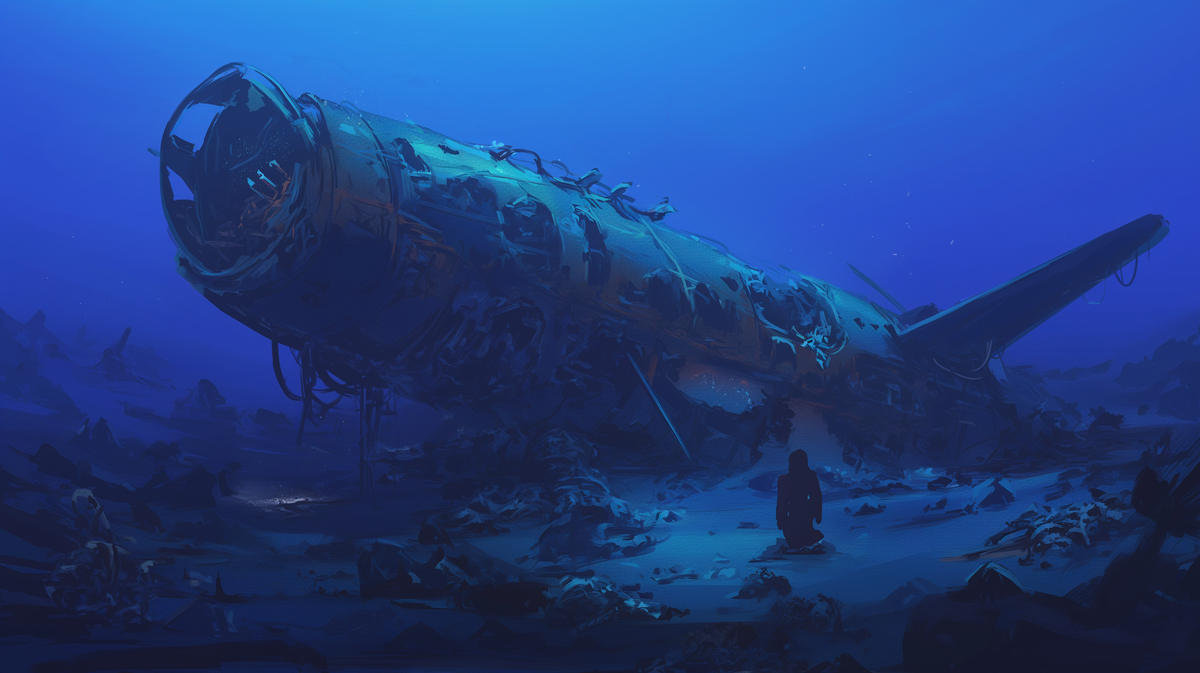🚢 What OceanGate Taught Me About Product Management
The implosion of OceanGate’s sub isn’t just a failure of engineering—it’s a failure of culture. In product development, dissent is a safety feature. Here’s what we can learn from building recklessly and silencing challenge.

Watching the OceanGate submersible implosion documentary is like watching a slow-motion case study in what happens when leadership refuses to be challenged. Stockton Rush surrounded himself with Yes men, dismissed engineering standards, and silenced dissent in the name of innovation. The result? A catastrophic failure—avoidable, tragic, and eerily familiar.
While most of us aren't designing deep-sea vessels, the lessons apply directly to product development.
⚠️ Challenge Is a Safety Feature, Not a Threat
As an engineer, I’ve learned that the best products aren’t built by teams who nod in agreement. They’re forged in the tension between vision and critique. Dissent is what catches the blind spots. When a product manager treats every question or concern as an attack, they’re doing the product—and the team—a disservice.
🛑 Defensiveness Doesn’t Deliver Value
When leadership becomes more concerned with being right than getting it right, results suffer. I’ve worked with PMs who responded to constructive pushback with deflection or condescension. But data doesn’t care about feelings. If the direction isn't delivering results, it's not personal—it's just wrong.
💥 False Confidence Is a Slow Implosion
OceanGate marketed safety based on vibes. “Trust us” became their operating principle. In product development, the equivalent is overpromising without validating assumptions, shipping features without problem-solution fit, and treating milestones as success metrics instead of meaningful outcomes.
🧠 Hire for Bravery, Not Agreement
Teams thrive when diverse voices are empowered to speak up. If you want innovation, you need contrarians. You need people unafraid to ask “Why this?” and “What if we’re wrong?” You need people who value truth over harmony.
📉 Real Innovation Is Accountable
Stockton Rush said, “There hasn’t been an injury in a sub in decades.” But ignoring safety protocols isn’t innovation—it’s hubris. Similarly, skipping research, ignoring feedback, and bulldozing timelines might look fast in the moment, but it’s just borrowing against the future. Eventually, the bill comes due.
Leadership isn’t about having all the answers. It’s about creating a space where the truth can surface—especially when it’s inconvenient. The implosion of OceanGate's sub isn’t just a failure of engineering—it’s a failure of culture. Let’s not make the same mistake when building our own products.